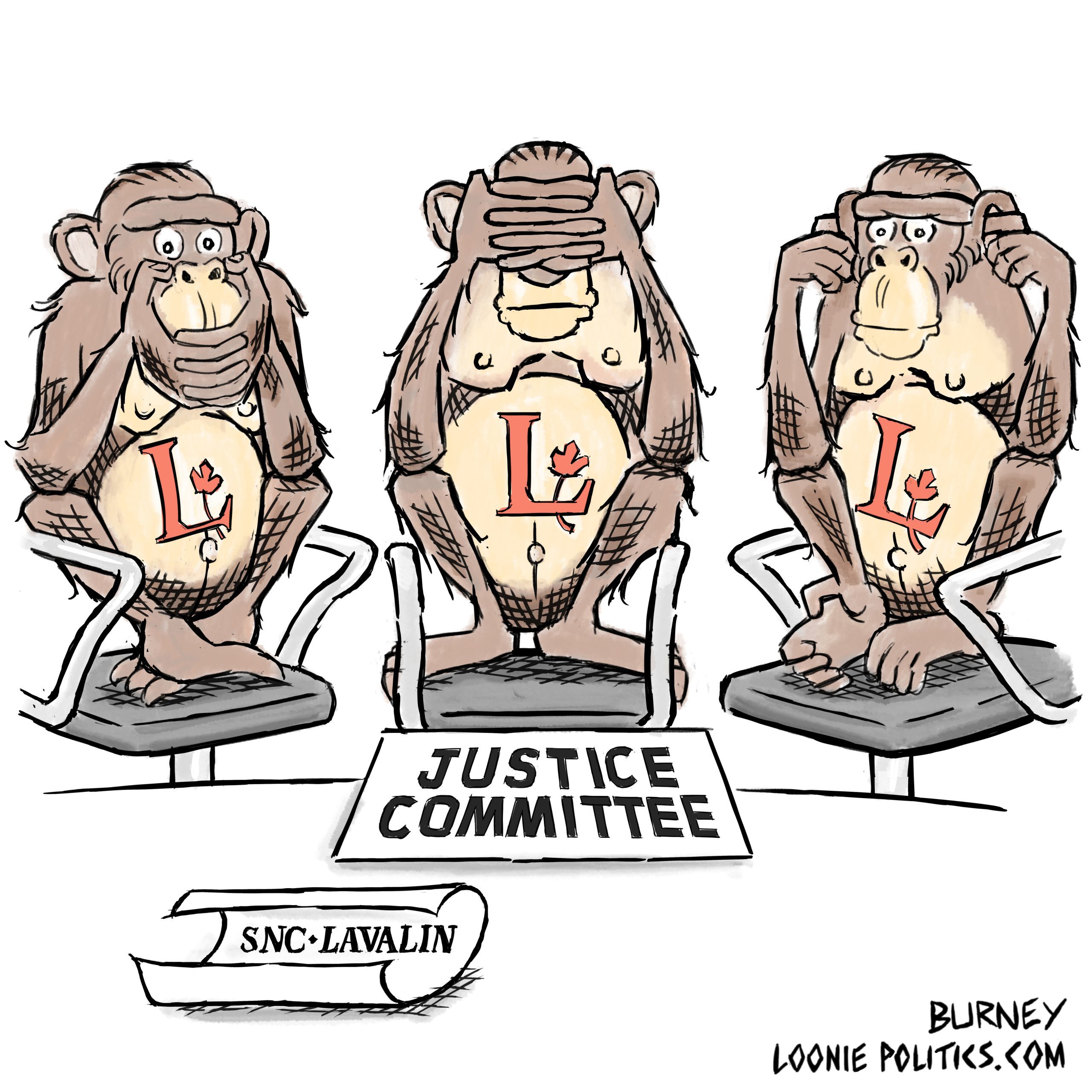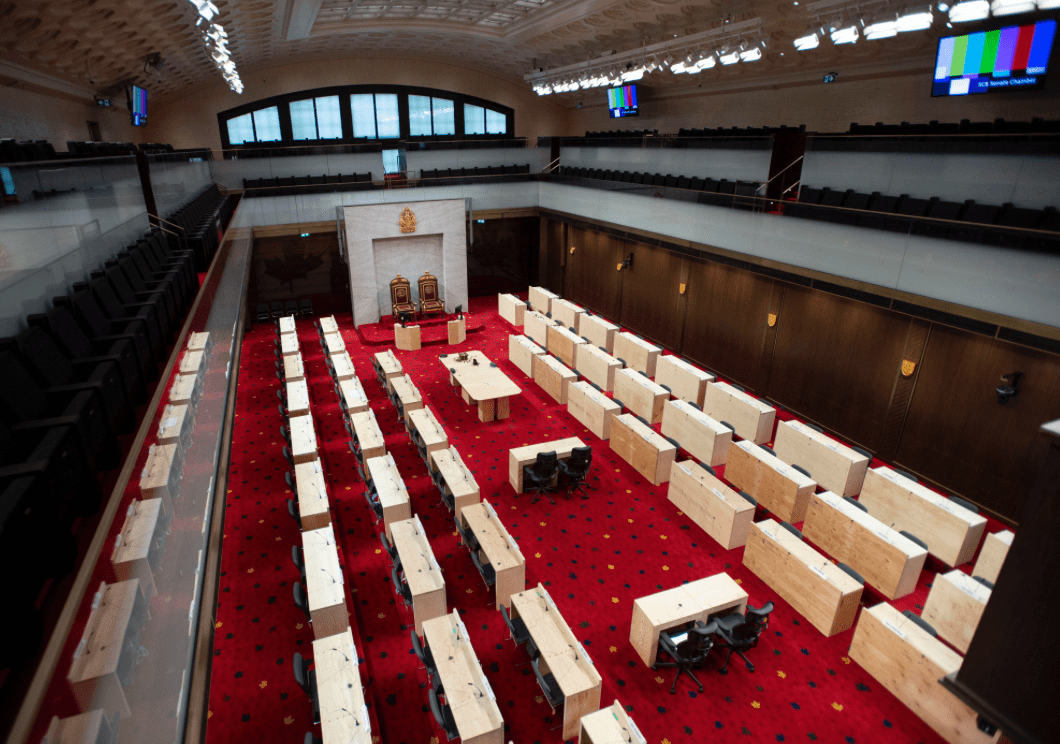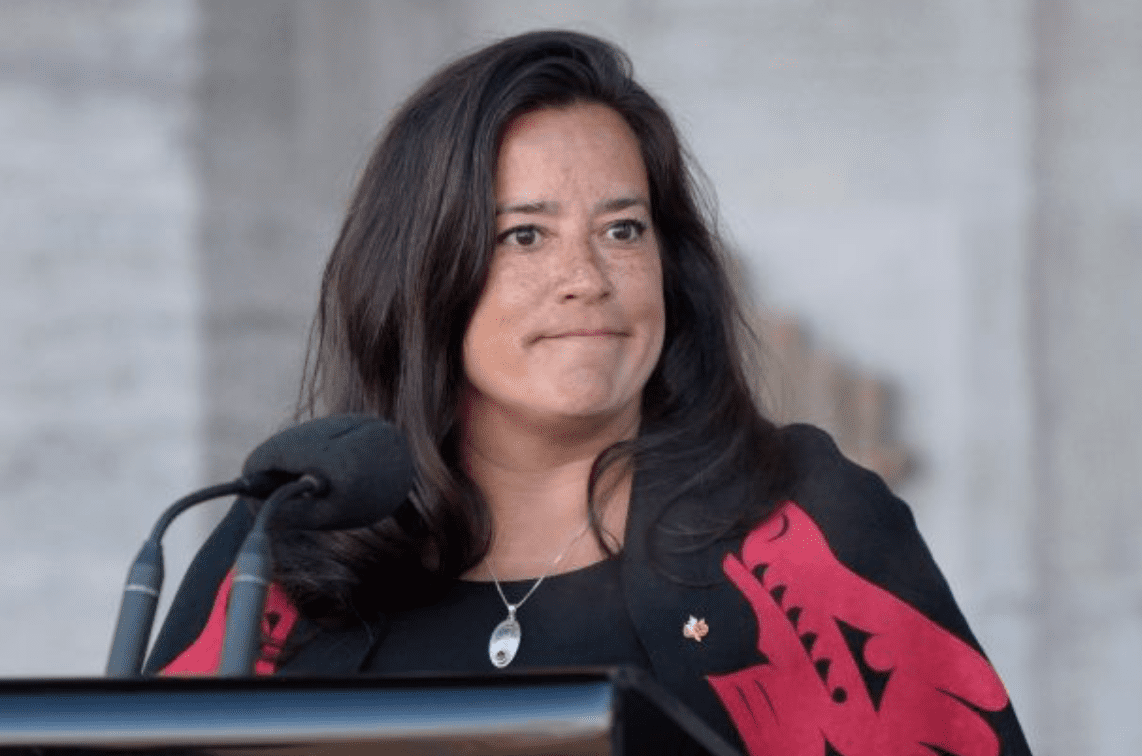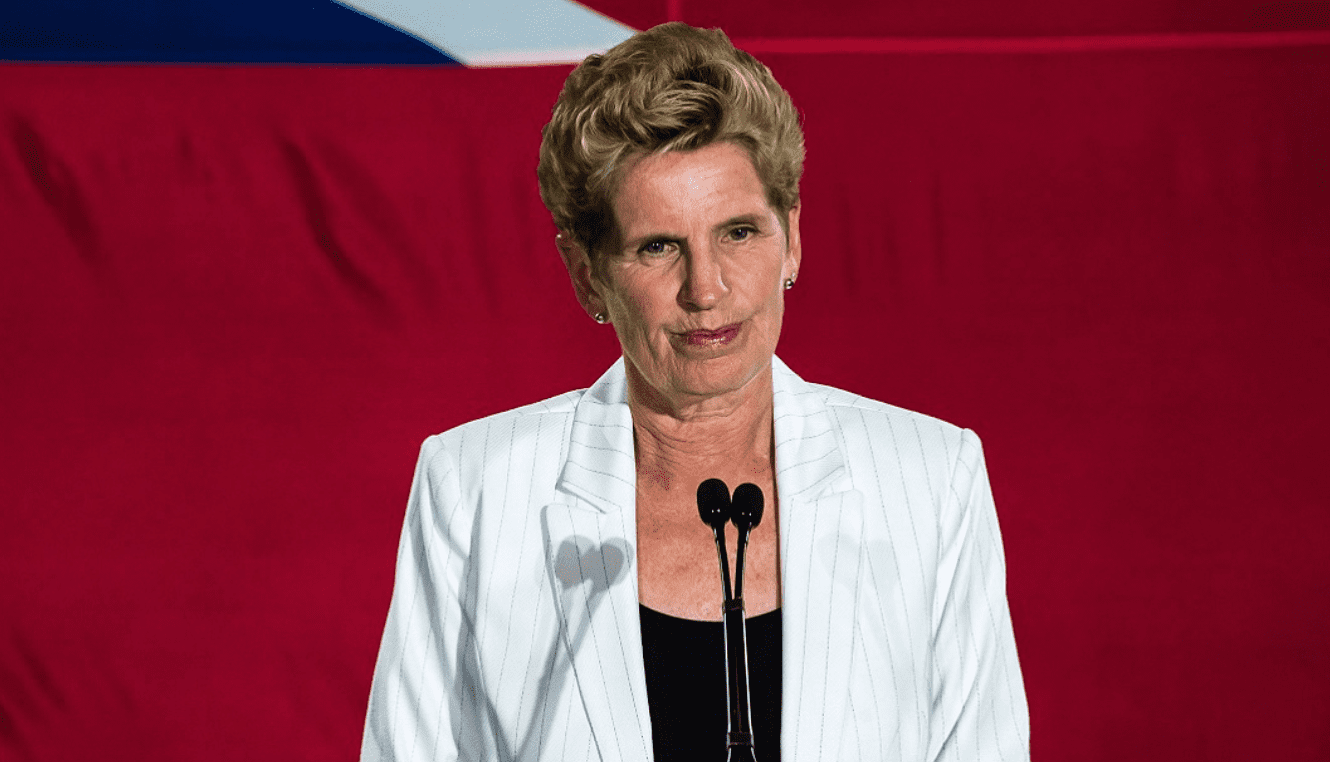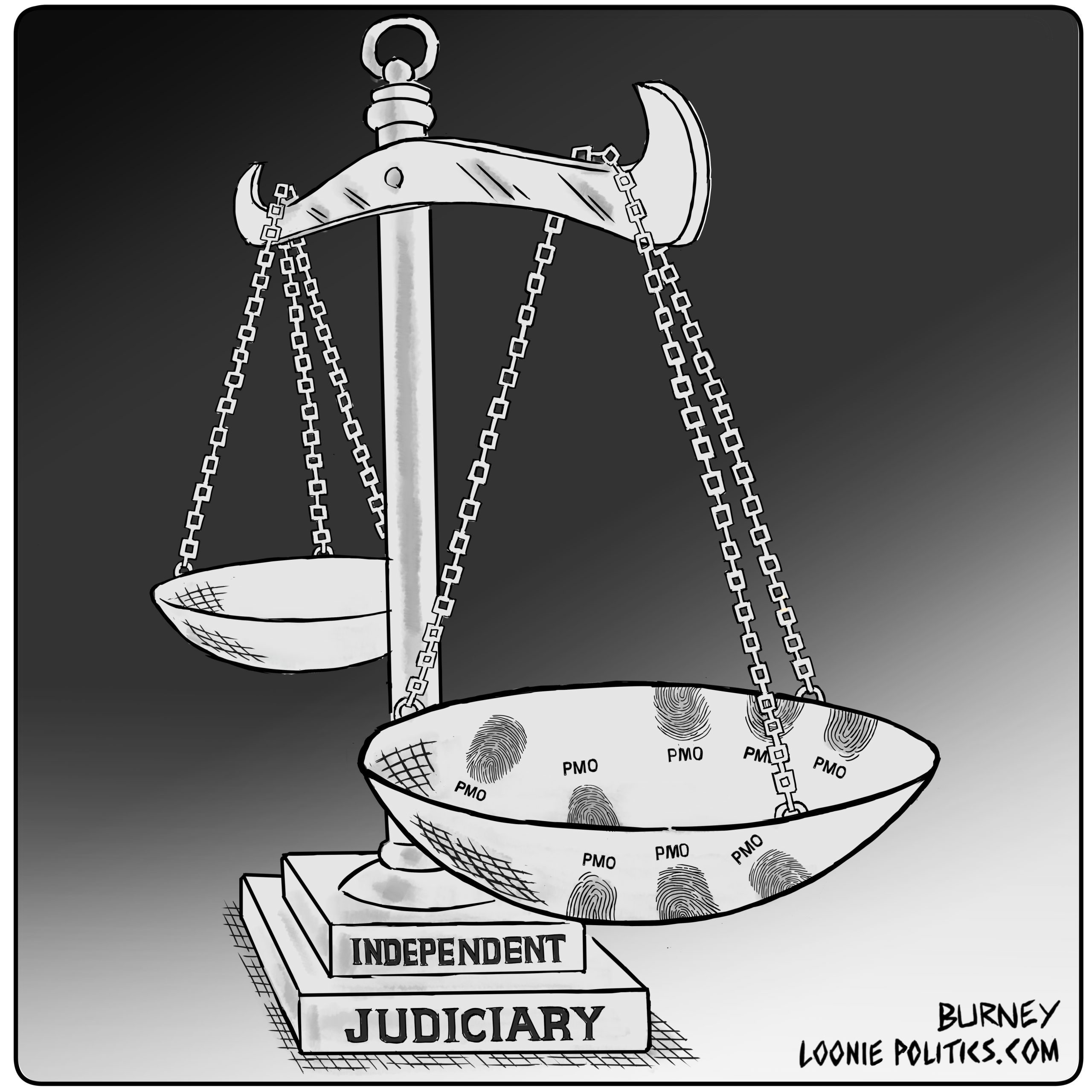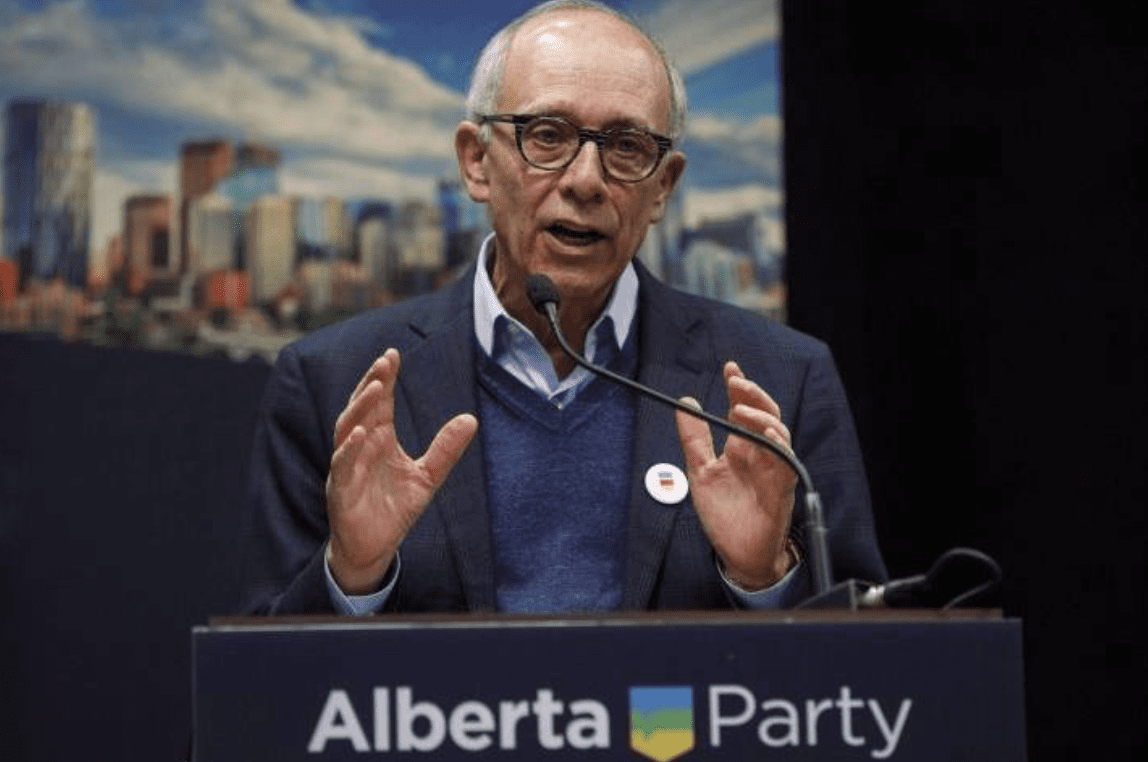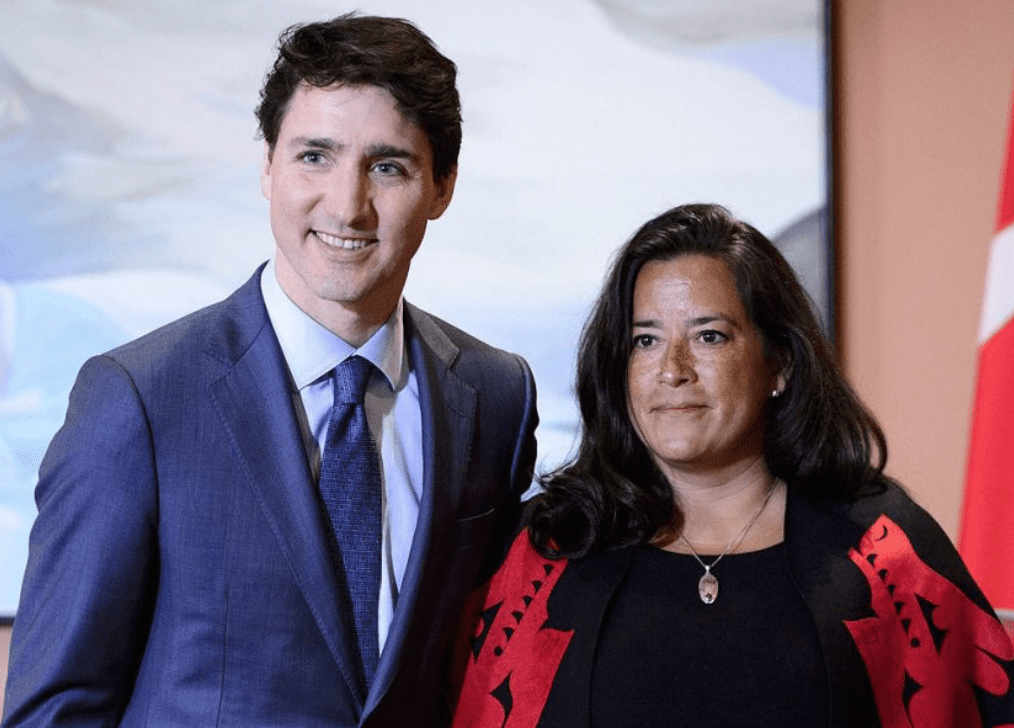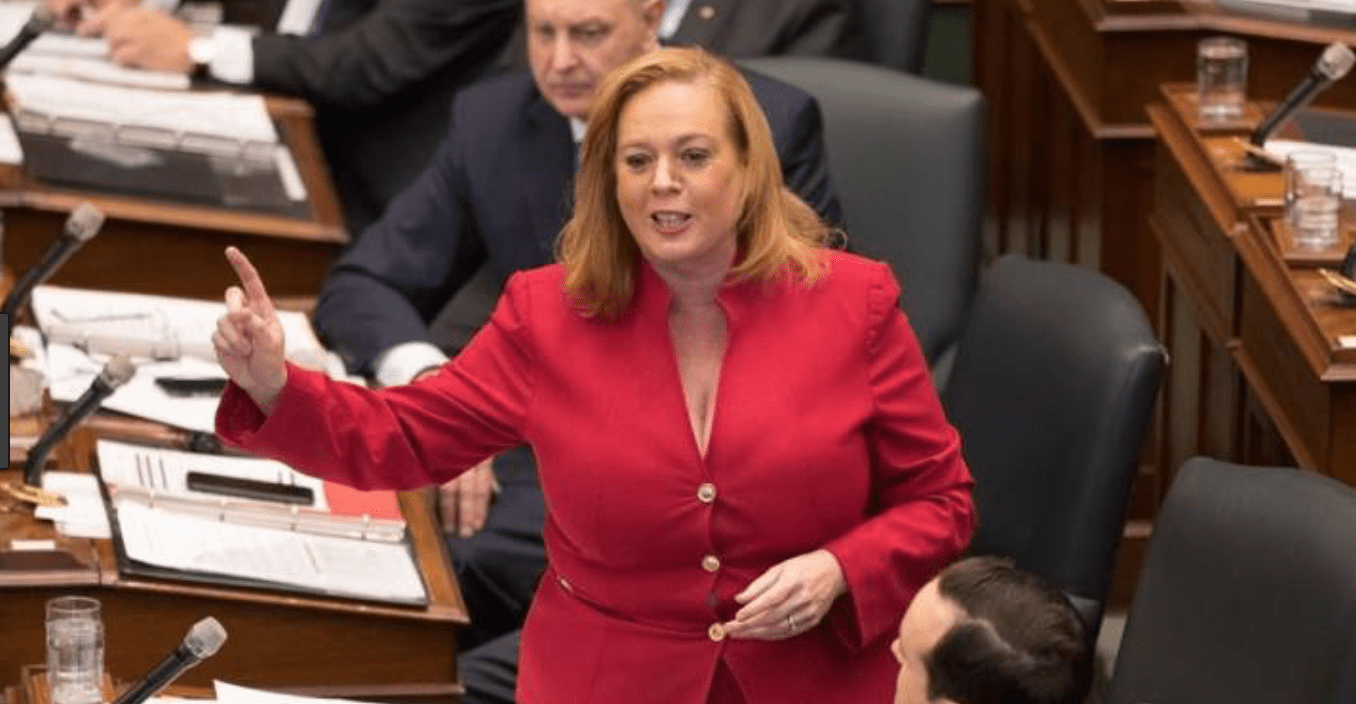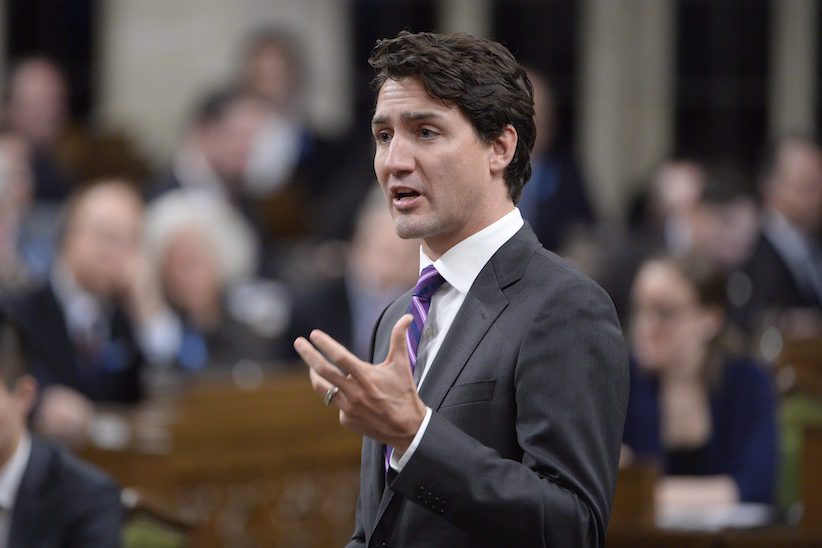Soon it will be easier to name Democratic Senators who are not running for their party's presidential nomination than ones who are. Frequently with risible prospects and even worse platforms. Hip hip hooray.
My comment is neither partisan nor cynical. I am conservative, and on that basis have not wanted the Democrats to win a presidential election since 1980 when, a naïve youth, I believed the terrible stuff people were saying about Reagan. And while I'm no fan of Donald Trump, I wouldn't have voted for Hillary Clinton to keep Satan from the White House and would not vote for Alexandria Ocasio-Cortez to do it either.
I also find most politicians repellant regardless of party. It's usually much easier for me to wish for the defeat of one candidate than the victory of another, and despite voting in every election I can at every level I don't think I've cast a ballot for someone who actually won since the 1984 Canadian federal election (in which I soon regretted my vote). That said, I think it is excellent that so many people who want Trump and his policies gone are willing to step up, suggest ways it could be done and offer to try to do it.
Who are these people? I forget. Elizabeth Warren, I believe. Cory Booker. Somebody else. I also don't remember who ran for the Democratic nomination in 2000 and in retrospect it doesn't matter. Except I know Bill Bradley did because I had dinner during the primaries with his campaign manager who was filled with enthusiasm, or possibly liquor, and told me he hadn't seen such enthusiasm among young people since George McGovern, arguably an ominous precedent since McGovern managed to lose every state but Massachusetts to the hated Richard Nixon in the 1972 general election.
Bradley lost the primary contest in part because he didn't so much run for the nomination as walk. He seemed peculiarly lacking in the enthusiasm his manager hallucinated in the youth of America. And afterward, I had a melancholy vision of a forgotten filing cabinet in an unused office where "Bradley for President" signs would gather dust for years.
He also lost in part because he was, I think, meant to be a "moderate" Democrat. I don't know whether he was. Reading the press you'd get the feeling there were no "far left" or "hard left" Democrats and nothing but hard right Republicans. But one interesting thing about the current crop of candidates is that there is considerable anxiety among the party's more sober figures about finding a moderate who can win.
They also want a progressive, of course. The Democrats' fantasy, appropriately, is a Hollywood production, that old TV show West Wing, which one critic labeled "the Left Wing", where Martin Sheen played a president with impeccable progressive credentials, a spotless personal life and idealistic staff who crushed his barbaric know-nothing Republican foes by turning their own nastiness back on them and also had a Nobel Prize in economics and policies that seamlessly combined prosperity, social justice and world peace.
If the party cannot find such a person in the real world, it might be that their utopianism is unrealistic. Certainly those of us who self-identify as conservative think so. But it might also be that something nasty has crept out of the cellar and blighted their party.
Behind the high-falutin' talk about ideals I detect a vindictive streak in Democrats, and not just toward their partisan foes. Toward their nation and its traditions. Of course I know, America has a terrible history of racism, not everyone was rich a century or more ago, and you can criticize the Vietnam War. But remember last summer when New York Governor Andrew Cuomo answered Trump's Make America Great Again slogan with "it was never that great" followed by some whiny feminism. His party seemed pleased, though they tried to hide their smirk.
Since the 1960s there's been a real suspicion that Democrats do not actually like America. At the 1984 Republican National Convention, Jeanne Kirkpatrick said "they always blame America first" and it resonated for good reason. And it's only gotten worse since, including Barack Obama's clumsy but explicit disavowal of American exceptionalism.
It's a serious electoral liability. A majority of Americans regrettably seem more inclined to Democratic than Republican views, especially on economics. But they're repelled by the party's, well, air of disloyalty to the ideals of American and Western civilization. Ironically, it's the supposedly toxic "social issues" that keep the GOP in business, along with national security.
In principle this problem shouldn't be too hard to fix. But it is, because many Democrats seem to experience a transgressive frisson in cheering Ocasio-Cortez not despite the insanity of her policies but because of them. There's also a disquieting element of malice, as in the old joke about the British Labour Party supporter leaning on his shovel as a rich man drives by and saying "One day I'll have that so-and-so down here in the ditch with me."
As you may recall, the setup to that punchline was a U.S. Democrat seeing the same thing and saying "One day I'll drive a car like that too." At the time it humorously contrasted the envy of the Labour Party in a Britain in decline with the aspiration of the Democratic Party in an America still on the rise. But one seriously wonders whether there are enough such people left in the Democratic party, even its rich backers and politicians. And part of the appeal of the huge number of people now hurling their sometimes implausible or ugly hats into the ring is that we're going to find out whether they still exist and if they do whether the party still wants them.
Honestly it should not be hard to defeat Donald Trump. He is not popular and has many glaring weaknesses. No, don't boo or send nasty notes. I understand what a relief he is for many people tired of being scorned and ignored and seeing all that they value trampled underfoot by elitists. I am as sick of identity politics as you are. I think a Clinton presidency would have been disastrous for America and the world and I don't see that Elizabeth Warren would be much better. But honestly, it took a certain perverse genius to lose to a man with Trump's character flaws, bad manners and carelessness about truth in 2016, especially given the way the Republican Party has diligently shed supporters by wavering on principle since the Gipper departed. It wouldn't be easy to do it again. The electoral map has been turning "blue" for decades
That's my final reason for happiness at the crowded Democratic field. If so many of their stars, and not a few benchwarmers, engage in a spirited debate about what policies to advocate and who should advocate them, and still can't win in 2020, it might prompt a long-overdue serious rethink of the negative tone and content of their rhetoric and beliefs. The Democrats are a divisive party now, and when they reach out to their adversaries, it's far too often with both hands and toward the throat.
They are not the party of Truman any more, or even Lyndon Johnson. It's good that we're going to find out who they are the party of. And maybe moving forward think about who they should be the party of.
Photo Credit: The Hill
The views, opinions and positions expressed by columnists and contributors are the author’s alone. They do not inherently or expressly reflect the views, opinions and/or positions of our publication.



